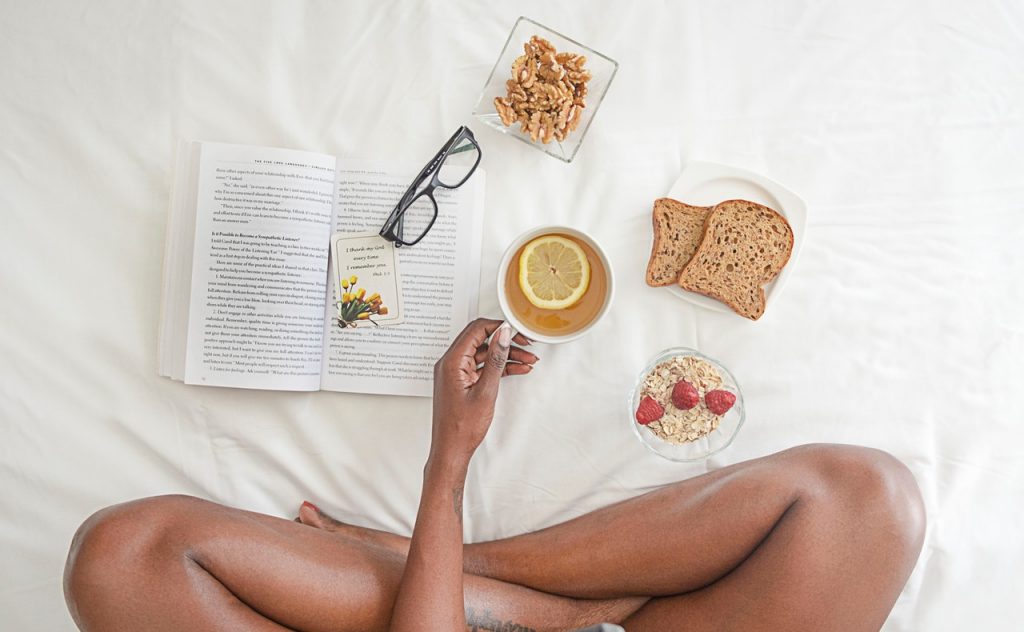After giving birth, you can be rattled with many different emotions and feelings. While it is expected to feel joyful and excited, you can also feel sadness and fear. It can be normal to feel a little down afterwards due to hormones and the stress of giving birth, and now you have this new bundle to look after, but if you think the feelings are not getting better and they are starting to interfere with your routine, you could have postpartum depression.
The feels can start from anywhere after giving birth to even six months afterwards. You might be feeling guilty and think, “how can having a baby boy do this to me?”. You may also have difficulty sleeping, making decisions, trouble bonding, or being close to your baby, mood swings, and wanting to isolate yourself. All of these symptoms are not rare. One in every seven women suffers from postpartum depression.
This is a type of depression that needs to be treated by your doctor. If you had previously gone IVF gender selection, then, your hormones, emotions and body are going to feel exhausted. It’s best to speak to your doctor and discuss the best plan of action for you.
In the meantime, did you know there are things that you can do at home to help you deal with postpartum depression?
Keep a healthy diet
You cannot cut PPD just by eating healthy, although by giving your body nutrients and minerals that it needs can help you to feel better. Eating junk food makes you feel sluggish and lack of energy, which can make your depression worse. For snacks try chopped carrots, apple slices, cheese and celery sticks.

Make time for you
A lot of your time is taking up by a baby now, and you spend most of your day feeding and changing diapers. Ensure you are taking time for yourself. Get dad or a close friend to mind the little one while you get a massage, nails done or go and have some time out shopping. Most times we don’t get a long shower anymore as the baby cries just as you get in there. Go and have a hot bath or a much-needed long shower and soak your cares away. Even going for a walk to clear your head can do wonders for relieving stress.
Ensure you are resting
You may have heard many people lecture about you sleeping when the baby does. Research has shown that women who have the least sleep can have the most depressive symptoms. The survey was conducted on women who had fewer than four hours of sleep and less than one hour of nap time throughout the day. If you are breastfeeding, you can still pump so your partner or family member can feed overnight for you to allow you to get some rest.
Don’t isolate yourself
You may become down, and when this happens, we tend to isolate ourselves. Talking about how you feel can lower the level of depression and importantly talking with others who have suffered PPD, so you don’t feel alone. If you don’t want to leave the home invite a friend over and spend some time in the backyard getting some fresh air or take on some gardening together. You may even feel in the mood to check out the plant shops or some new décor for the baby’s room. Whatever it may be, try and do a few different things like leave the home even if it is just taking the baby for a walk. Also, sitting in the garden and talking with friends on the phone is still letting you be comfortable at home, but you are always at least communicating.